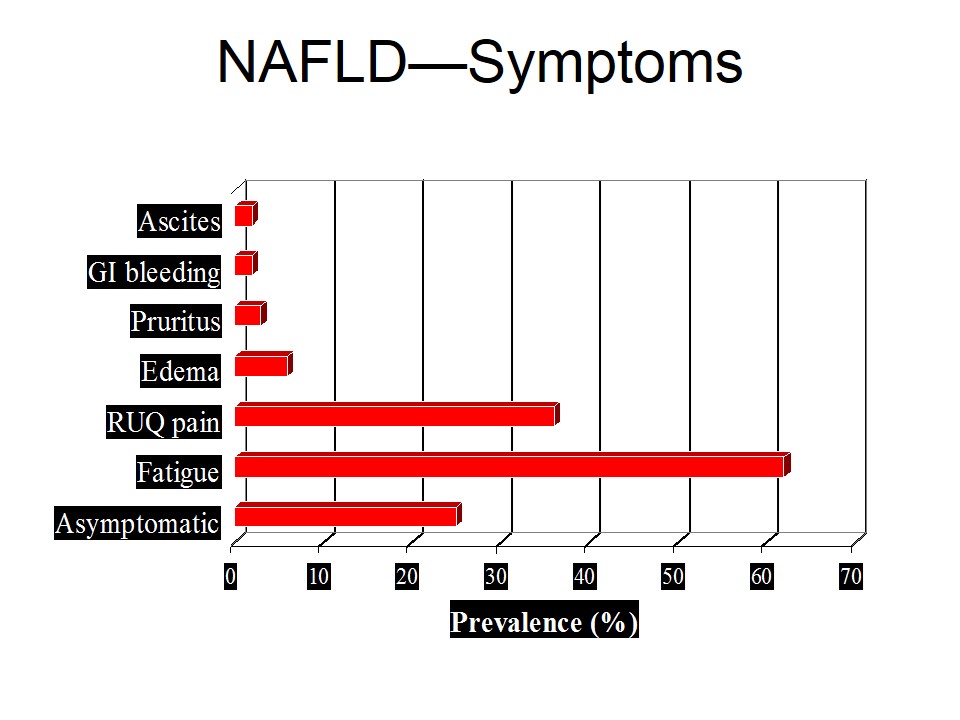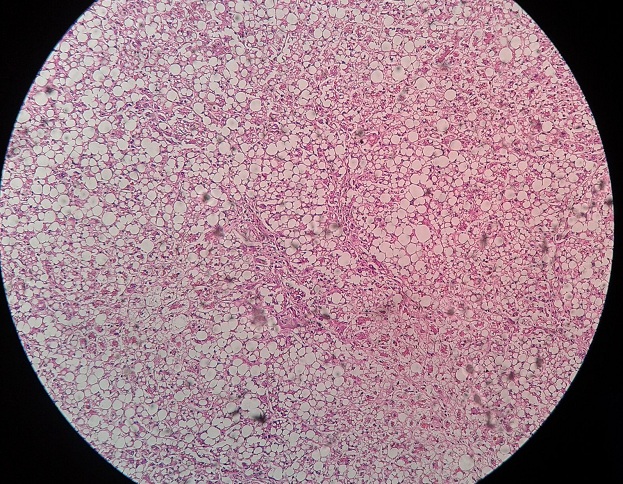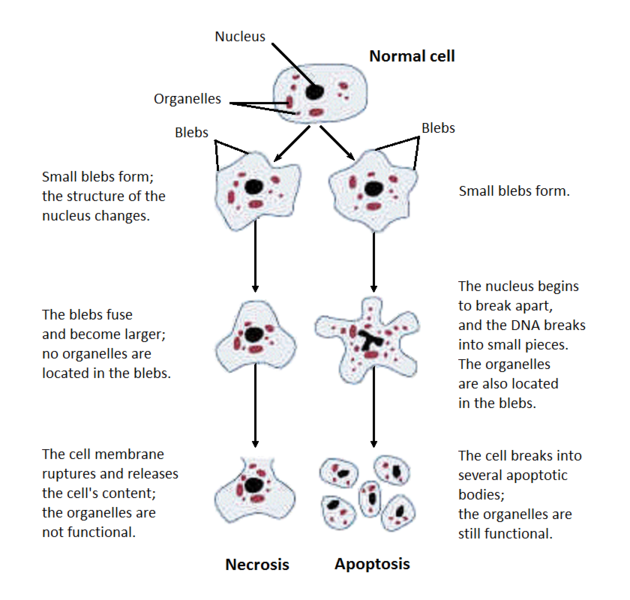Increased volume of blood in a particular tissue is known as congestion. It is a passive process, resulting from impaired … Read More »
Pulmonary Edema
Edema is accumulation of fluid in interstitial spaces and serous cavities. It can be either exudate or transudate. Transudate It … Read More »
Granulation Tissue
After tissue damage, repair process starts. It can begin as early as 24 hours. Fibroblasts and endothelial cells begin proliferating … Read More »
Chronic Granulomatous Inflammation
Chronic granulomatous inflammation is a distinctive pattern of chronic inflammatory reaction in which the predominant cell type is an activated … Read More »
Chronic Inflammation
Chronic inflammation is an inflammation of prolonged duration (weeks or months) in which the inflammation, tissue injury and attempts at … Read More »
Acute Inflammation
Acute inflammation is a host response that serves to deliver white blood cells and plasma proteins to the site of … Read More »
Hemosiderosis
Hemosiderin is an endogenous blood derived golden yellow to brown granular or crystalline pigment. Other endogenous pigments are: Lipofuscin Melanin … Read More »
Calcification
Pathological calcification is abnormal deposition of calcium salts together with small amounts of magnesium, iron and other minerals. It is … Read More »
Intracellular Accumulation of Melanin
Pigments Pigments are defined as substances occurring in living matter that absorb visible light. Classification Pigments are classified as: Endogenous … Read More »
Metaplasia
Metaplasia is a reversible change in which one differentiated cell type (epithelial or mesenchymal) is replaced by another cell type. … Read More »
 howMed Know Yourself
howMed Know Yourself





